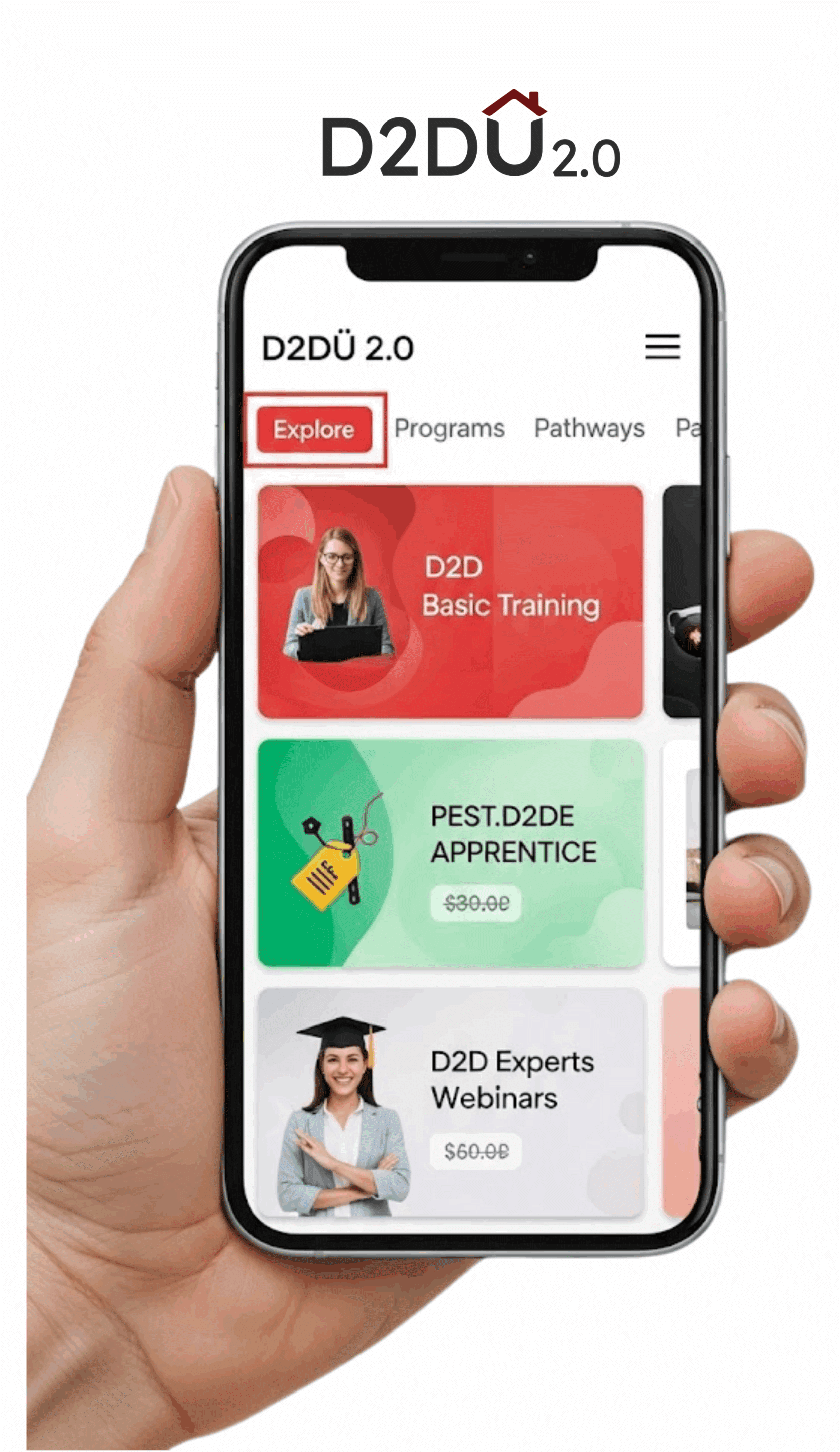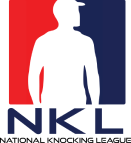How to Build a Door to Door Sales Empire?
We all start somewhere.
For James Hatfield, that somewhere was a neighborhood curb with a clipboard in hand and a long list of doors to knock. Today he’s a father, a self‑made entrepreneur and the CEO of multiple scalable businesses.
How did he bridge that gap? In a recent D2D Podcast episode, James shared the tactics and mindset shifts that took him from rookie rep to boardroom leader.
His story, fellow sales warriors, is a masterclass in using door to door sales as a launchpad for bigger ventures.
Watch on YouTube or listen on your favorite podcast platform.
Key Takeaways
Meet James Hatfield: Builder, Father and Entrepreneur
James doesn’t look like your stereotypical CEO. He speaks openly about balancing family life with entrepreneurship and about the mistakes he made early on. What sets him apart is his unending drive and willingness to keep learning. He credits his time in the field for teaching him core principles that still guide him today:
- Thick skin and grit. Cold knocking taught James how to handle rejection with grace. Those scars became assets when he started pitching investors and partners.
- Direct feedback loops. On the doors you get immediate yes/no responses. James learned to iterate quickly—testing new openers, refining his pitch and adapting on the fly.
- Customer empathy. Door‑to‑door forces you to read people. That skill later helped him design products and services around customer pain points rather than assumptions.
These lessons aren’t unique to James; thousands of reps develop them every summer. What matters is how you use them. James chose to leverage those skills to build a business instead of just maximizing his personal income.
Door‑to‑Door Tactics That Scale
One mistake reps make is thinking that door‑to‑door tactics stop working once you move beyond the neighborhood. James argues the opposite.
The principles that close deals at the doorstep—rapport, urgency, clear value—are the same ones that close enterprise clients or investors. Here are a few tactics he still uses:
- Tell a clear problem–solution story. On the doors, you don’t have time for a long preamble. James’s teams teach reps to identify a specific pain point and describe exactly how they fix it. As CEO he pitches his companies the same way.
- Create FOMO ethically. Great D2D reps use social proof (“We just helped your neighbor”) to nudge action. James crafts case studies and testimonials for his products to show prospects they’re missing out on real results.
- Keep it simple. Door‑to‑door forced James to explain complex services to average homeowners in 30 seconds. As a leader he insists his pitch decks and training materials avoid jargon and get to the point. Complexity kills deals.
- Track your numbers. Successful reps know their ratios—doors knocked to demos, demos to closes. James built dashboards for every department in his company. If conversion dips, they diagnose and fix it just like a rep adjusting their opener.
CEO Mindset: Think Big, Stay Grounded
The biggest shift James made wasn’t tactical—it was mental. He had to stop seeing himself solely as a salesperson and start seeing himself as a leader. Here’s how he navigated that transition:
- Vision beyond today’s deals. Many reps focus on tomorrow’s paycheck. James started thinking five years out. When he started his company, he pictured hundreds of reps, multiple offices and a legacy for his children. That long‑term vision guided every decision.
- Build leaders, not just followers. Instead of hoarding knowledge, he developed the people around him. He taught his managers how to recruit, train and coach so the company wouldn’t bottleneck at him. In a slump, he’d remind reps they’re capable of more and share deals to reignite their confidence, a coaching move also advocated by Sam Taggart.
- Stay humble. Despite his success, James still knocks with his reps when morale is low. He knows that leading from the trenches builds trust and keeps his edge sharp.
- Balance ambition with family. He talks about scheduling family time with the same seriousness as sales meetings. A sustainable business model must support the life you want, not consume it.
These mindset shifts mirror research on what makes great leaders: a compelling vision, servant leadership and humility.
Join the FREE D2D University community
The D2D University Free Tier offers a supportive community and training vault to help you master your craft and prepare for your next big move.

Practical Tips for Reps & Managers
Whether you dream of becoming a CEO or just want to improve your sales results, James’s journey offers actionable takeaways:
- Write down your long‑term vision. Where do you want to be in five years? Ten? Use that vision to guide daily decisions. If you plan to build a company, start learning skills like recruiting and management now.
- Master your craft. Before becoming a leader, you need credibility. That comes from hitting your numbers consistently. Adopt Sam Taggart’s four anti‑slump habits: build routines, stay present, reset intentionally and think about what you want.
- Invest in systems early. Even if you’re a solo rep, start using a CRM and scripts. As you add people, standardized processes will help you scale without chaos.
- Learn from peers. James credits much of his growth to surrounding himself with other high performers. Join a mastermind or sales community where you can exchange ideas and get honest feedback.
- Teach what you know. If you’re the top closer on your team, share your opener or objection rebuttal with others. Teaching reinforces your own mastery and builds a leadership muscle.
Embrace Community & Modern Tools
James didn’t grow in a vacuum. He took courses, attended events and learned from mentors. He encourages reps to plug into resources like the D2D University where you can find on‑demand classes on prospecting and leadership, live webinars with top performers in door to door sales and downloadable playbooks to build your own team.
Technology also plays a big role. James uses AI‑powered call review tools to coach his reps. For example, he records door approaches and demos, then runs them through software that measures talk time, question ratio and filler words. Reps get a data‑driven scorecard and specific assignments, such as improving their open‑ended questions. This mirrors the D2D CRM’s coaching functionality.
Final Word
The path from door knocker to CEO is both shorter and longer than you think. Shorter, because the skills you learn knocking—resilience, empathy, storytelling—translate directly to entrepreneurship. Longer, because the journey requires deliberate mindset shifts, systems and leadership development. James Hatfield’s story shows that if you treat door‑to‑door as a training ground instead of a stepping stone, you can build a business that scales and lasts.
























